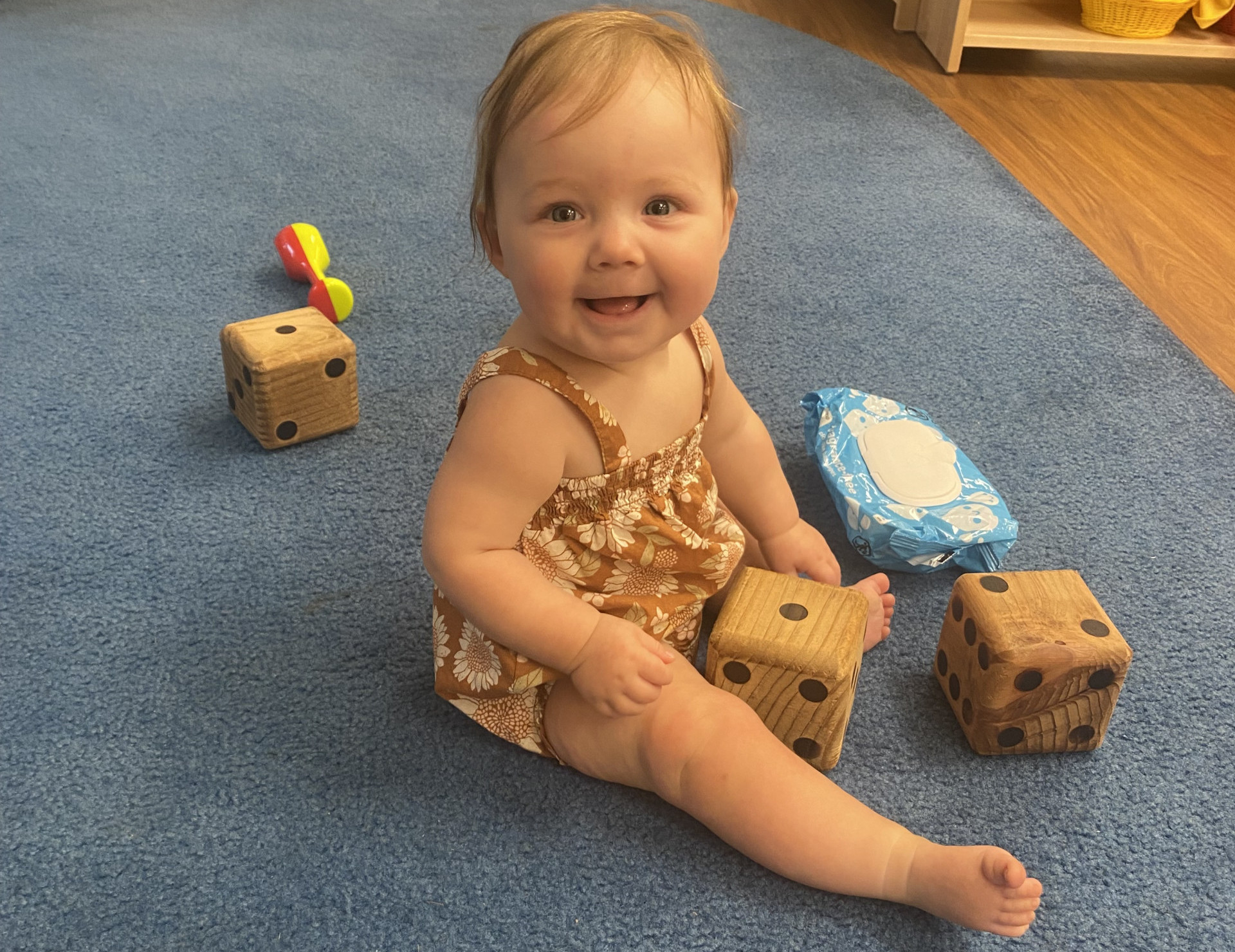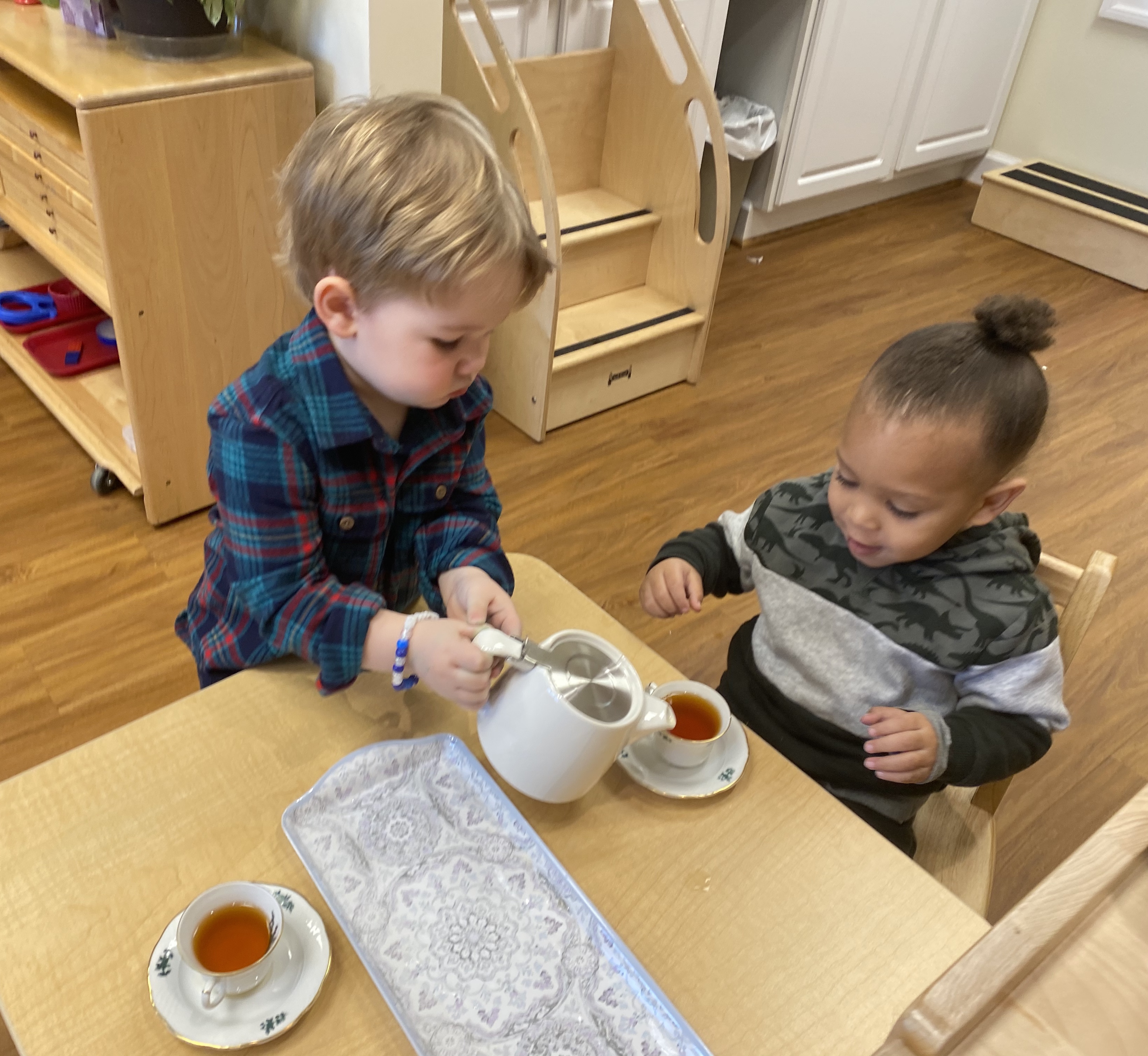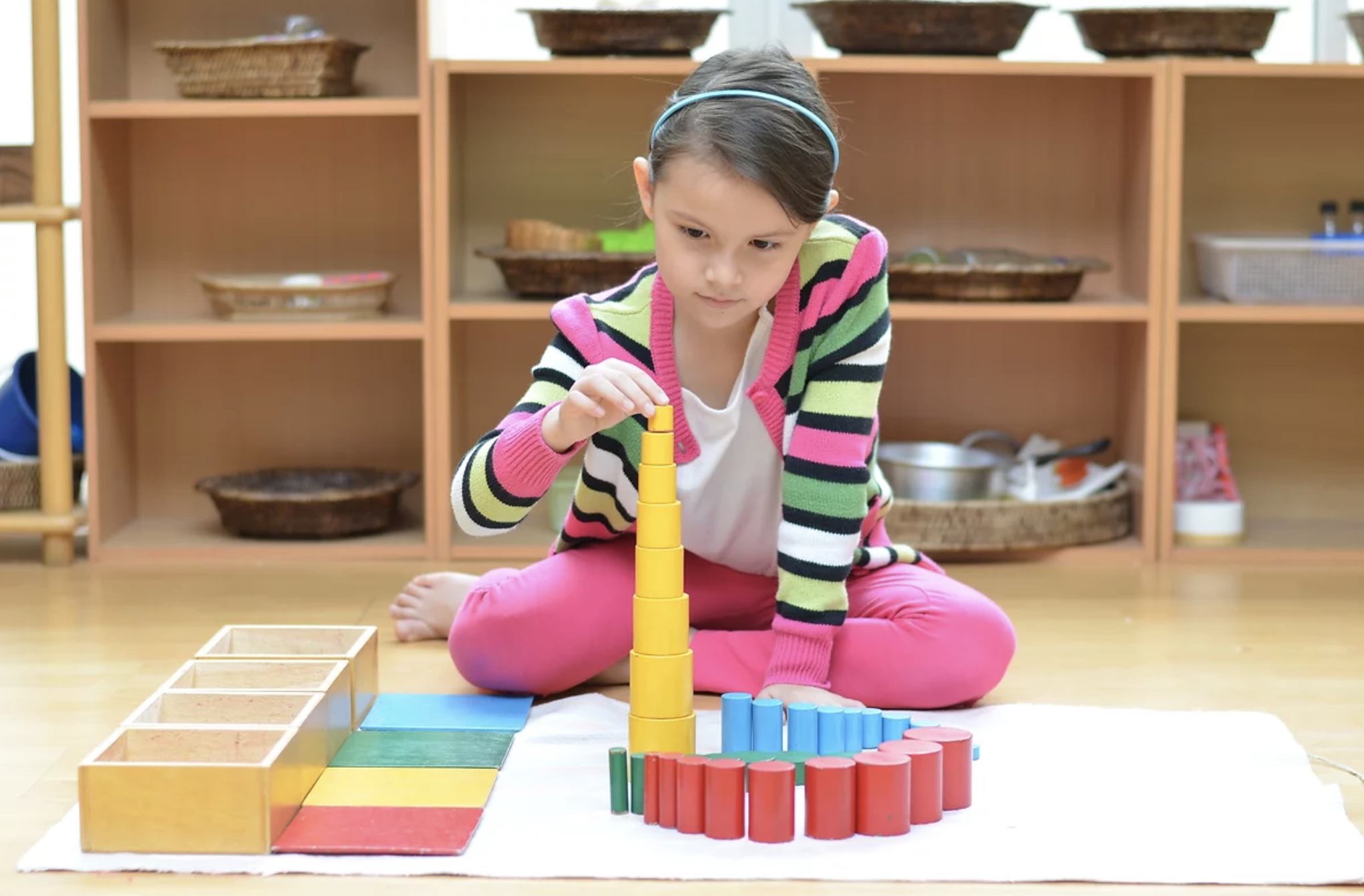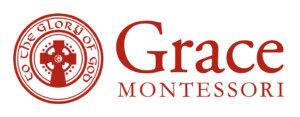Igniting Curiosity, Empowering Minds
At Grace Montessori School, we provide thoughtfully designed programs that support each stage of your child’s early development—from infancy through kindergarten. Our nurturing, faith-based Montessori environment offers age-appropriate learning experiences for every stage of growth, including: Nido (8 weeks–16 months), Toddler (16 months–3.5 years), and Primary (3.5–6 years). Each program fosters independence, confidence, and a lifelong love of learning through hands-on exploration, individualized instruction, and a foundation rooted in Christian values.

Nido (Ages 8 weeks – 16 months)
Beginning January of 2026, Grace Montessori School will be opening a Nido classroom designed for our youngest of learners. The focus of this environment will be fostering a sense of warmth, comfort, and security while encouraging infants to explore and develop at their own pace. Our Nido classroom will be a “home away from home” for our youngest of students.
Due to the limited spaces, our Nido program will only offer one selection for programming .
Program Hours: 8:00 AM – 4:00 PM
Toddler (Ages 16 months – 3.5 years old)
The aims of the Grace Montessori toddler program are to assist children as they fulfill the basic human tasks of trust, separation, independence, and self-control. The focus is both on curriculum and materials and on helping the toddler respond to the rapid and conflicting changes of this developmental age.
The carefully planned and meticulously prepared class environment beckons the toddler’s strongest desires to make order out of chaos, to move with intention and coordination, and to communicate with others.
In a Montessori toddler environment, the child develops feelings of support, security, and self-esteem. Children are guided toward appropriate behaviors through a non-judgmental atmosphere that offers consistency; children come to understand the balance between freedom and limits. Toddlers need to know that they are safe, both physically and emotionally, and that they are loved for whom they are. The comfort and reassurance of caring adults is never far away.
Program Hours:
=> Toddlers aged 16 months – 2.5 years
8:30 – 3:00
8:30 – 5:00
=> Toddlers aged 2.5 – 3.5
8:30 – 12:00
8:30 – 3:00
8:30 – 5:00


Primary (Ages 3.5 – 6 years)
The primary curriculum focuses on student independence, confidence, and social and academic readiness skills needed to succeed at the next level of education. Students in the primary program are exposed to all areas of a Montessori education in addition to kindergarten readiness skills set forth by the Virginia Department of Education. Children in our primary room will learn through hands on experiences that incorporate skills from all areas of life.
Program Schedule:
8:30 – 12:00
8:30 – 3:00
8:30 – 5:00
